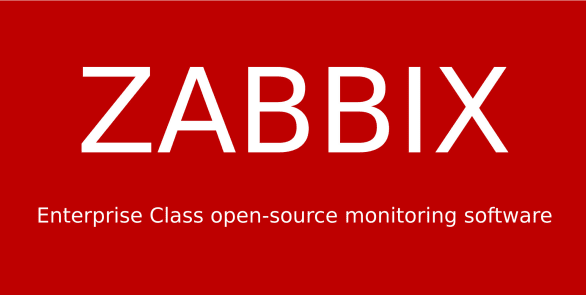Web security is an essential aspect of maintaining a safe and trustworthy online presence. By understanding its various components, you can protect your website, data, and users from potential threats. In this blog post, we explore 15 valuable lessons you can learn from web security that can help improve your online safety and overall digital experience.


Result are easy to obtain
Enhanced Data Protection
Improved User Trust
Minimized Security Risks
Schedule Regular Backups

It’s the perfect solution for our business. Thanks guys, keep up the good work! It’s really wonderful. It’s the perfect solution for our business.
– William Blake
- The importance of HTTPS:
- Strong password practices:
- Regular software updates:
- The role of firewalls:
- Secure user authentication:
- Proper data handling:
- Detecting and mitigating DDoS attacks:
- The value of regular backups:
- Security awareness training:
- Secure coding practices:
- Monitoring and logging:
- The importance of vulnerability assessments:
- Understanding security standards:
- Incident response planning:
- The benefits of partnering with professionals:









Leave a comment